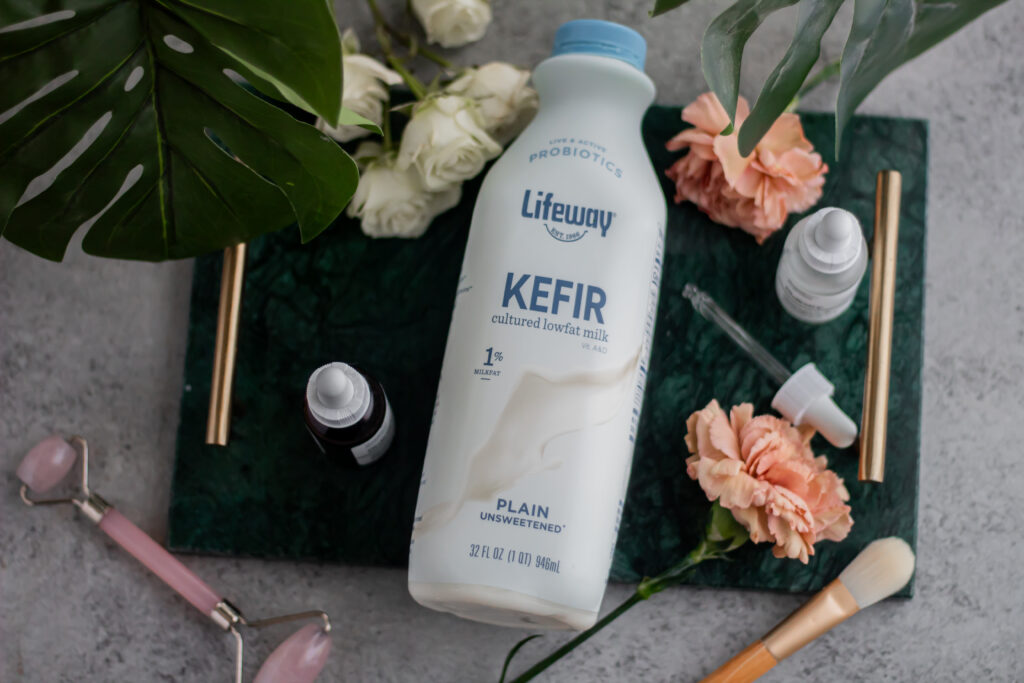
Probiotics are the hottest trend in skincare right now—and for good reason! Probiotics provide anti-inflammatory benefits to the skin and they help with softness, they may help fight acne, and can improve the ph balance of the skin, which is critical to our skin’s microbiome.
Here’s how it works: Individuals who suffer from rosacea, acne, or another inflammatory condition have an immune system that is particularly sensitive and changes to the skin’s living microorganisms that reside on our skin’s surface misidentifies them as foreign invaders, and thus, triggers an inflammatory response to “fight” the invisible invaders. As a result, this causes the skin microbiome to go into overdrive in an effort to ward off the “threat”, paving the way to bumps, redness, rashes, warmth, and inflammation.
Benefits of Topical Probiotic Treatments
But when probiotics are applied topically, they effectively run interference, preventing the bad bacteria from being seen and thus avoiding an immune response. Probiotics also possess antimicrobial properties and can even have a calming effect when they come in contact with skin cells.
You can easily access the benefits of probiotics in skincare at home without fussy or expensive products. It may also be better for your skin because many ingredients in topical skincare can make the issue worse. Simple is best when it comes to treating sensitive skin. So, we’ve made an easy, no-fail mask you can make at home in just 3 simple steps! So while you can look for a skin care product that includes probiotics, we suggest trying this easy, DIY kefir face mask with Lifeway plain kefir!

How to Make a Kefir Skin Mask in 3 Easy Steps:
- Combine two tablespoons Lifeway Plain Kefir, one teaspoon extra-virgin olive oil, and one egg yolk.
- Mix thoroughly and apply to the skin for 20-25 minutes.
- Rinse off first with warm water, then cold, and pat dry. All set!
Eating your probiotics helps, too. In fact, a recent Korean study found that when acne sufferers consumed a fermented dairy drink containing Lactobacillus bacteria (like kefir!), they saw their oil production drop and their total acne lesion count decrease over three months. If that’s not a reason to increase your kefir consumption, we don’t know what is!
Want More Kefir Skin Mask Recipes? Check them out here!
